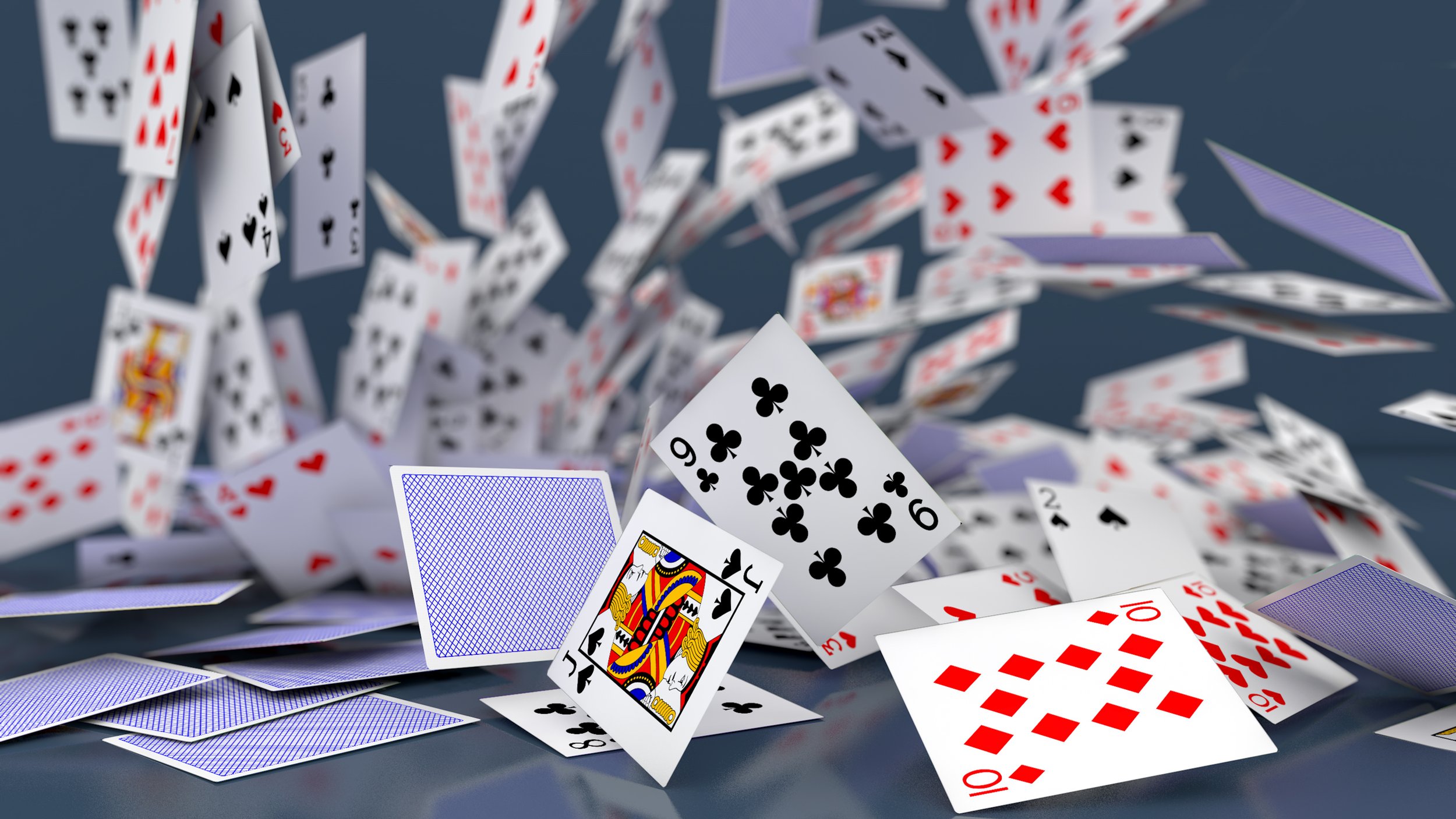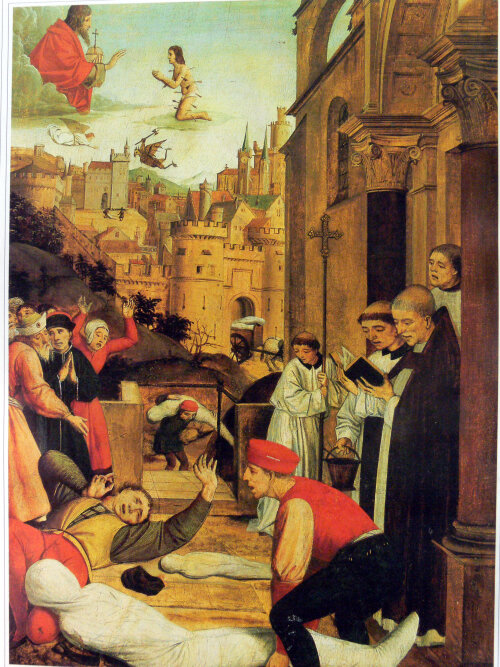
Strategic Thinking & Strategic Action
Fostering strategic thinking and strategic action by organizational leaders since 2007.
Archive
- March 2025
- February 2025
- January 2025
- December 2024
- November 2024
- October 2024
- August 2024
- July 2024
- June 2024
- May 2024
- April 2024
- February 2024
- January 2024
- December 2023
- November 2023
- October 2023
- July 2023
- August 2021
- April 2021
- March 2021
- February 2021
- November 2020
- October 2020
- September 2020
- July 2020
- June 2020
- May 2020
- March 2020
- October 2019
- September 2019
- July 2019
- April 2018
- January 2018
- December 2017
- November 2017
- October 2017
- September 2017
- August 2017
- January 2017
- December 2016
- November 2016
- October 2016
- September 2016
- August 2016
- February 2016
- October 2015
- March 2015
- November 2014
- October 2014
- September 2014
- July 2014
- May 2014
- March 2014
- February 2014
- December 2013
- September 2013
- August 2013
- March 2013
- February 2013
- December 2012
- October 2012
- June 2012
- May 2012
- March 2012
- February 2012
- January 2012
- December 2011
- November 2011
- October 2011
- September 2011
- August 2011
- June 2011
- May 2011
- April 2011
- March 2011
- February 2011
- April 2010
- October 2009
- June 2009
- May 2009
- April 2009
- March 2009
- February 2009
- May 2008
- February 2008
- August 2007
-
Action-oriented bias
- Nov 17, 2017 Trump trap: Action-oriented bias Nov 17, 2017
-
Approach-avoidance
- Sep 21, 2016 Approach or avoid? Sep 21, 2016
-
Bell curve bias
- Mar 28, 2020 We are biased by the bell curve Mar 28, 2020
-
Choice
- Oct 5, 2016 Managing choice Oct 5, 2016
-
Coaching
- Jan 7, 2025 Pick the best: Don’t let the bad drive out the good Jan 7, 2025
- Jan 22, 2024 Coaching and change Jan 22, 2024
- Apr 1, 2021 Let’s not be complacent about our ignorance! Apr 1, 2021
- Mar 10, 2021 So much can go wrong. Here’s how to make it go right. Mar 10, 2021
- Mar 10, 2021 Why settle? Go for the gold! Mar 10, 2021
- Mar 10, 2021 It's time for spring training. Are you ready to play on the A Team? Mar 10, 2021
-
Consensus
- Dec 6, 2016 No consensus for consensus Dec 6, 2016
-
Decision biases cases
- Oct 19, 2020 Short-sighted thinking: The case of the “hot new smartphone” Oct 19, 2020
- Sep 10, 2020 Changing our thinking to feel better. Yes, we do that! Sep 10, 2020
- Oct 24, 2019 Remember, history is written by the survivors Oct 24, 2019
- Oct 22, 2019 Beliefs about a group matter Oct 22, 2019
- Oct 15, 2019 Not knowing we don’t know Oct 15, 2019
- Sep 19, 2017 Case 12: Not missing the opportunity to lose billions Sep 19, 2017
- Aug 29, 2017 Case 11: Getting bitten by not seeing it Aug 29, 2017
- Aug 29, 2017 Case 10: When what worked didn’t work Aug 29, 2017
- Aug 28, 2017 Case 9: The climbers who perished by succeeding Aug 28, 2017
- Aug 28, 2017 Case 8: No accounting for incompetence Aug 28, 2017
- Aug 16, 2017 Case 7: Blind or incompetent? Perhaps both… Aug 16, 2017
- Aug 16, 2017 Case 6: Seeing what he wanted to see Aug 16, 2017
- Aug 13, 2017 Case 5: Getting burned by past successes Aug 13, 2017
- Aug 2, 2017 Case 4: I’m the boss, so I am right! Aug 2, 2017
- Aug 2, 2017 Case 3: The experts were wrong Aug 2, 2017
- Aug 2, 2017 Case 2: The battle that didn’t go as expected Aug 2, 2017
- Dec 12, 2016 Failure without facilitation: The French Canal Disaster Dec 12, 2016
- Oct 26, 2015 Decision traps, flaws and fallacies: Learn from my unexpected big decision Oct 26, 2015
-
Decision making
- Nov 6, 2024 Rise of the poker pros: 10 lessons for great success Nov 6, 2024
- Jan 5, 2024 What’s your magic number? Jan 5, 2024
- Oct 9, 2023 AI revisited: Will it ever make perfect decisions? Oct 9, 2023
- Sep 4, 2019 “The instant of decision is madness” Sep 4, 2019
- Apr 23, 2018 Despite our growing ignorance, we must decide Apr 23, 2018
- Apr 12, 2018 Can “Big Data” deliver “the right decision”? Apr 12, 2018
- Jan 18, 2018 The worst accident: “We’re going!” Jan 18, 2018
- Mar 8, 2015 10 surprising mental traps: Why we make bad decisions Mar 8, 2015
- Mar 10, 2014 Often wrong but never in doubt Mar 10, 2014
-
Decision making biases
- Mar 10, 2021 So much can go wrong. Here’s how to make it go right. Mar 10, 2021
-
Evidence
- Dec 16, 2016 Misuse of evidence can zap your strategy Dec 16, 2016
-
Evolution
- Aug 6, 2016 Smart phones on the savannah Aug 6, 2016
-
Gratitude
- Oct 25, 2017 Thank you for our connection Oct 25, 2017
-
Group decisions
- Nov 15, 2016 #2 error: Not using the group advantage Nov 15, 2016
- Oct 22, 2015 Open up your thinking: Make better decisions in a group process Oct 22, 2015
-
Leadership
- Nov 14, 2016 #1 error: The leader problem Nov 14, 2016
- Feb 1, 2016 Leaders who mislead: A tale of two movies Feb 1, 2016
-
Pre-mortem
- Sep 12, 2016 Thinking “as if” Sep 12, 2016
-
Risk
- Jun 9, 2020 The Black Swan and us Jun 9, 2020
- Jan 10, 2017 The risk of ignoring risk Jan 10, 2017
- Oct 14, 2016 Risk and regret Oct 14, 2016
-
Strategic planning
- Jan 4, 2025 California High Speed Rail to nowhere: Lessons for implementing our plans Jan 4, 2025
- Dec 17, 2024 Why New Year’s resolutions fail: The problem of implementation Dec 17, 2024
- Nov 10, 2024 Are you ready to bat? Nov 10, 2024
- Oct 9, 2024 Drift and big change challenge our success Oct 9, 2024
- Aug 19, 2024 Get real when you plan! Aug 19, 2024
- Apr 10, 2024 Bridge the strategy gap Apr 10, 2024
- Feb 23, 2024 Don't waste your time planning, unless... Feb 23, 2024
- Dec 18, 2023 The secret sauce of successful plan implementation Dec 18, 2023
- Nov 20, 2023 How to build commitment to change, revisited Nov 20, 2023
- Oct 3, 2023 Success Starts With a Big Vision Oct 3, 2023
- Aug 24, 2021 Sometimes you get what you need Aug 24, 2021
- Feb 25, 2021 Do you measure up? Feb 25, 2021
- Jul 28, 2020 Forget business as usual Jul 28, 2020
- Oct 9, 2014 What’s driving your organization? Oct 9, 2014
- Feb 20, 2014 This is not an infomercial Feb 20, 2014
- Feb 11, 2014 The Big Fail Feb 11, 2014
- Mar 12, 2013 Parsimony and planning Mar 12, 2013
-
Strategic thinking
- Feb 11, 2025 What to do when disaster ensues Feb 11, 2025
- Feb 27, 2024 Desirable difficulties Feb 27, 2024
- Jan 13, 2024 Business model question: Produce or provide? Jan 13, 2024
- Jan 5, 2024 What’s your magic number? Jan 5, 2024
- Jul 5, 2023 Think wide to succeed: How will you compete? Jul 5, 2023
- Mar 25, 2014 Flight 370 and strategic thinking Mar 25, 2014
-
Strategy
- Mar 17, 2025 Are you getting your share? Mar 17, 2025
- Feb 24, 2025 Know who you are up against! Feb 24, 2025
- Jan 18, 2025 Be better than the competition Jan 18, 2025
- Jul 23, 2024 Your pricing says it all… But what does it say? Jul 23, 2024
- Jun 23, 2024 We are people, not transactions Jun 23, 2024
- May 22, 2024 Is excellence - or failure - ahead? Answer five questions to know May 22, 2024
- Apr 8, 2024 What do your customers expect? Apr 8, 2024
- Nov 13, 2023 Demand a great brand! Nov 13, 2023
- Oct 31, 2017 Why not plan to be great, like Elon Musk? Oct 31, 2017
-
Success
- Jul 24, 2019 22 principles I have learned from being an athlete Jul 24, 2019
-
Sunk cost fallacy
- Mar 21, 2015 Sunk cost fallacy: Throwing good money after bad Mar 21, 2015

Rise of the poker pros: 10 lessons for great success
Is life a poker game? Or, perhaps better stated, to what extent does playing poker teach us about living the best life?
If you have read recent books by Nate Silver (The Art of Risking Everything), Maria Konnikova (The Biggest Bluff: How I Learned to Pay Attention, Master Myself, and Win), and Annie Duke (Quit: The Power of Knowing When to Walk Away), all one-time professional poker players, you likely will be convinced that poker is a useful simulation of real life, albeit under controlled conditions (that is, a set of rules). The cool thing about Silver, Konnikova , and Duke is that they are much more that poker pros.

What’s your magic number?
As humans, we are programmed to use heuristics, that is, mental shortcuts, to enable us to act without knowing all that could be known and taken into account to shape our actions.

AI revisited: Will it ever make perfect decisions?
In our book, BIG DECISIONS, published in 2022, we took on the topic of whether artificial intelligence would soon (or ever) become the answer when we are looking for the right decision.
The idea is that we can maximize our gain from decisions is by using machines to help us make them or even have machines make them for us. But the question then and even more so now with the sudden emergence of OpenAI’s Chat GPT, Meta’s Llama 2, Anthropic’s Claude 2, Google’s Bard, and other groundbreaking AI large language models (LLMs), is can an algorithm be perfected to always yield "the right decision"?

“The instant of decision is madness”
We are faced with “undecidability” and yet have to make a leap of faith and decide. Furthermore, we are overconfident in what we think we know and we can never know enough, We are fooling ourselves if we believe there are clear decision options and justifications ahead of the actual decision. We must act and then we will see what comes next and our next decision and action.

Despite our growing ignorance, we must decide
We are unable to fully access the information we need to make big decisions My mother encouraged me to read and learn. But she cautioned me, “The more you learn the less you will know.” That was her way of saying that learning opens whole domains about which we were previously ignorant and shows us how much more there is to learn. That thought leads to the necessary understanding that our decision making is dependent on knowledge we do not have and can never completely know. Because we are faced tidal wave of data and knowledge that we never can know and access, we as decision makers must make our big decisions without possessing all the existing knowledge that could make our decisions better. “Unknowability” is an unavoidable characteristic of real-world decision-making.

Can “Big Data” deliver “the right decision”?
One idea for maximizing the gain we get from decisions is to use machines to help us make them or even have machines make the big decisions for us. But can an algorithm be perfected to always yield “the right decision”? An algorithm is a process or set of rules used in calculations or problem-solving. “Artificial intelligence” (AI) algorithms which process “Big Data” use logic rules and mathematics to solve problems and produce answers. These algorithms engage in “machine learning” or “deep learning.” Instead of a programmer writing the commands to solve a problem, the program generates its own algorithm based on example or training data and a desired output.. But it is clear that we cannot reliably leave or ever expect to leave our big decisions to “Big Data” and artificial intelligence. We humans will continue to need to make the big decisions, with whatever outside aid we can muster and trust.

The worst accident: “We’re going!”
On March 27, 1977, two Boeing 747 passenger jets, KLM Flight 4805 and Pan Am Flight 1736, collided on the runway at Los Rodeos Airport on the Spanish island of Tenerife. Of the 644 people aboard the two 747s, 583 were killed and only 61 survived. This was the worst accident in aviation history. The massive investigation of and subsequent reports on the Tenerife airport disaster offer deep insight into what happened and what went wrong. As a result, aviation authorities and airlines worldwide changed procedures. But they are insufficient to explain why the KLM 747 collided with the Pan Am 747. Explaining the “why” of the disaster leads us to our great concern, bad decisions and what to do to avoid them when making a good decision is imperative for a mission-critical outcome.

10 surprising mental traps: Why we make bad decisions
In research for my upcoming book, Big Decisions: Why we make them badly, how we can make them better, I have discovered more than 280 psychological, perception, memory, logic, physical and social effects, errors, biases, shortcuts, fallacies and traps that lead us into making bad decisions. Here are ten of what I find to be among the most surprising and thorny traps. They go by varied names and have many disguises. I have grouped these traps in three categories, and for each offer a definition and thoughts about why it poses a problem for decision making, and then give some examples of how they can lead us astray. Read on to find the answers to the "true or false" quiz and to learn much more about ways we unknowingly trip ourselves up.

Often wrong but never in doubt
Our vocabulary is replete with phrases that express the dual way that we recognize, process and deal with the input that we receive in life. In the introduction to his seminal book, Thinking, Fast and Slow, Nobel Prize winning psychologist Daniel Kahneman writes, "As we navigate our lives, we normally allow ourselves to be guided by impressions and feelings, and the confidence we have in our intuitive beliefs and preferences is usually justified. But not always. We are often confident even when we are wrong, and an objective observer is more likely to detect our errors than we are." Kahneman's observation is backed by the decades of research that he and his late partner, Amos Tversky, conducted on judgment and decision-making.
